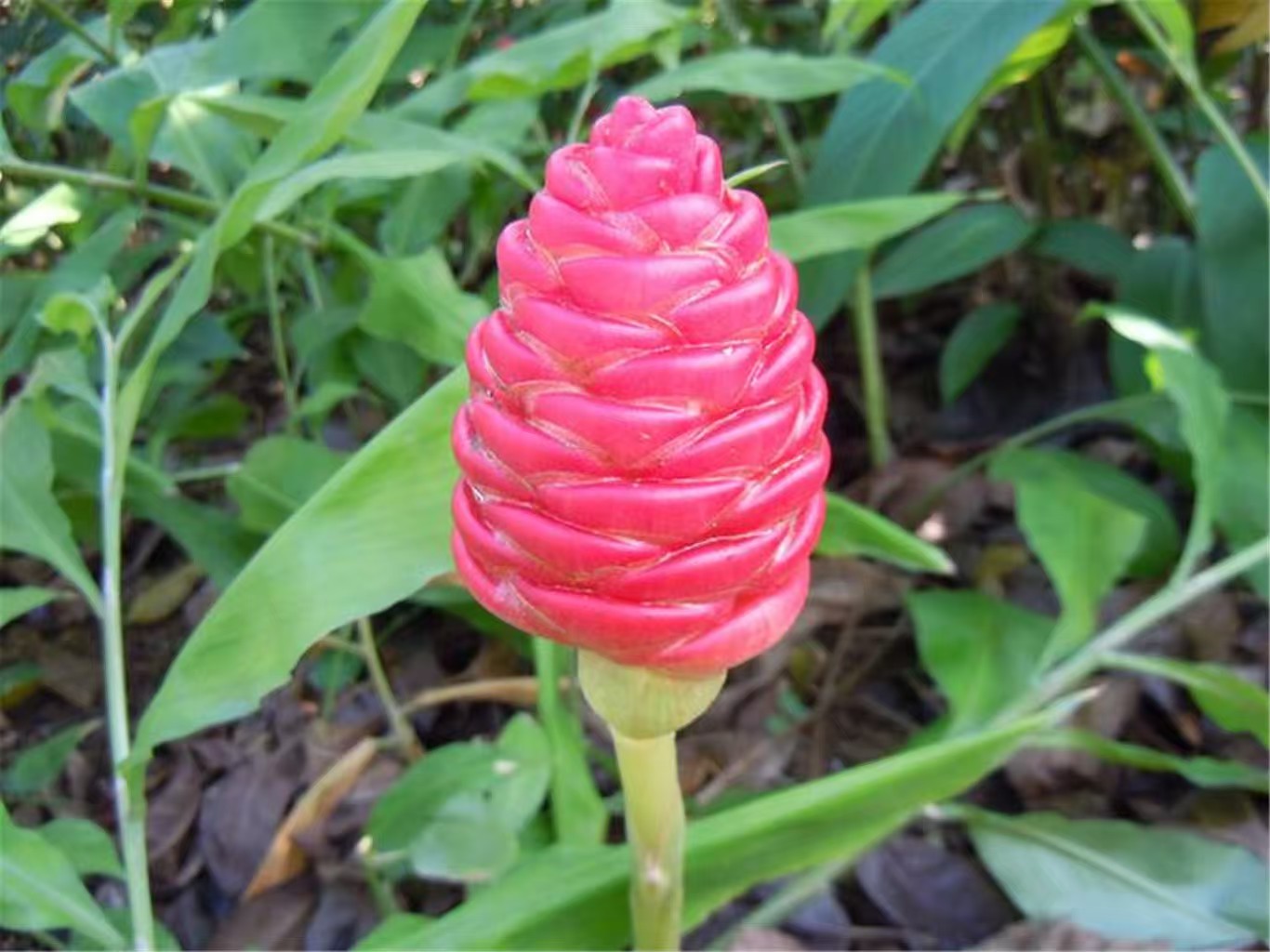
Ginger can be incorporated into your diet
in various forms to help manage blood sugar levels, but it should be used as a
complementary approach alongside a balanced diet, exercise, and medical advice
(if you have diabetes or other health conditions). Here are practical ways to
use ginger for blood sugar control:

**Forms of Ginger and How to Use Them**
1. **Fresh Ginger**
-
**Preparation**: Peel and slice or grate fresh ginger root.
-
**How to Use**:
- Add 1–2 teaspoons of grated ginger to meals
(stir-fries, soups, or salads).
- Steep sliced ginger in hot water for **ginger tea** (see recipe
below).
- Chew a small piece (1-inch slice) before meals to aid digestion and
glucose metabolism.
2. **Ginger Powder**
-
**Dosage**: Studies often use 2–4 grams (½–1 teaspoon) of powdered ginger daily.
-
**How to Use**:
- Mix into smoothies, oatmeal, or yogurt.
- Sprinkle on roasted vegetables, lentils, or curries.
3. **Ginger Tea**
-
**Recipe**:
- Boil 1 cup of water and add 1–2 teaspoons of
freshly grated ginger.
- Steep for 5–10 minutes, strain, and drink 1–2 times daily (best before or after meals).
4. **Ginger Juice**
-
**Preparation**: Blend fresh ginger with water and strain.
-
**How to Use**: Mix 1–2 teaspoons of ginger juice with
water or lemon juice; consume once daily.

**Tips for Effectiveness**
- **Consistency**: Use ginger daily for
sustained benefits (effects may take weeks to notice).
- **Pair with Meals**: Consume ginger with
carbohydrate-rich meals to slow glucose absorption (due to its inhibition of
carbohydrate-digesting enzymes).
- **Combine with a Healthy Diet**: Focus on
fiber-rich, low-glycemic foods (vegetables, whole grains, lean proteins) to
enhance ginger’s effects.
- **Monitor Blood Sugar**: Track your
levels regularly if you have diabetes to assess ginger’s
impact.
**Safety and Precautions**
1. **Interactions**:
-
Ginger may enhance the effects of diabetes medications (e.g., insulin,
metformin), increasing the risk of hypoglycemia (low blood sugar). Monitor
closely and consult your doctor.
-
Avoid large doses if you take blood thinners (e.g., warfarin), as ginger has
mild blood-thinning properties.
2. **Side Effects**:
-
High doses (>4–5 grams daily) may cause heartburn,
stomach upset, or diarrhea. Start with small amounts.
3. **Pregnancy**:
-
While ginger is safe for pregnancy-related nausea, limit intake to 1 gram daily
and consult your healthcare provider.
**Example Daily Routine**
- **Morning**: Drink ginger tea with
breakfast.
- **Lunch**: Add grated ginger to a salad
or stir-fry.
- **Evening**: Take a ginger supplement (if
approved by your doctor).
**Key Takeaway**
Ginger’s blood
sugar-lowering effects are linked to improved insulin sensitivity, reduced
inflammation, and slowed carbohydrate digestion. While it can be a helpful
addition to a diabetes-friendly lifestyle, it is **not a substitute** for
prescribed medications or medical advice. Always work with a healthcare
provider to tailor your approach.
Dear friends, if you are interested in
Ginger products, please feel free to write to our company:
Contact Person: Michael
EMAIL: michael@pnp6.com
Phone: +86-771-5471096
CELL: 18074804455
WEBSITE: http://www.pnp6.com
Tel: 18074804455
Mailbox: pnp6@pnp6.com
URL: http://www.pnp6.com
Address: ADD: RM NO.16-17 FL 8 OFFICE BLDG 2 SHI MAO INTL CENTER NO.17 PING LE AVE NANNING GUANGXI CHINA